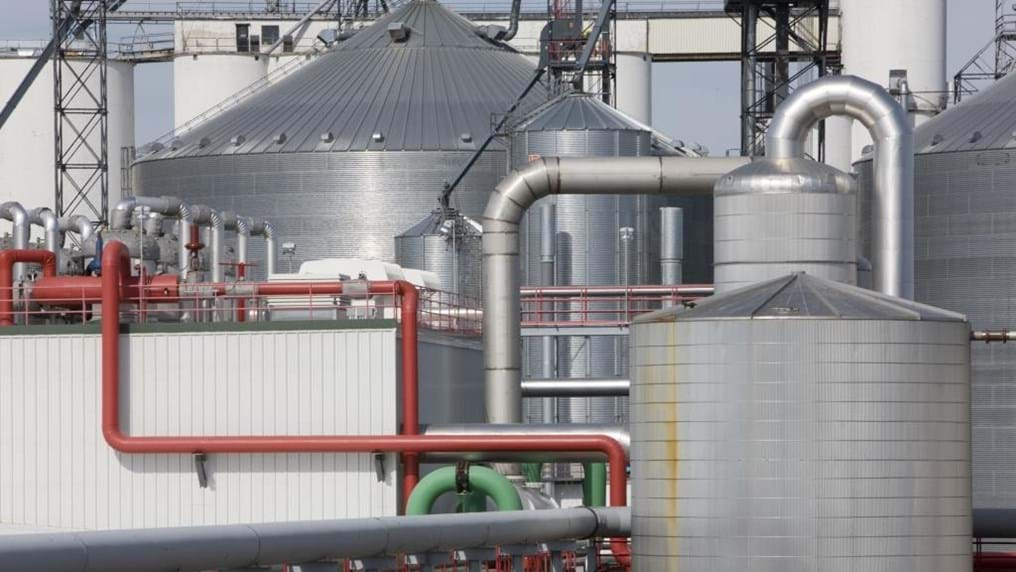Day 145: Italy’s commitment to a biofuelled future

19th October 2014
Author: Geoff Maitland, IChemE President 2014–2015.
There are concerns, but biofuels are likely to continue to play a part in our transport fuel strategy. In particular, second generation (also known as advanced) biofuels.
Here in the UK, the Department for Transport had a consultation on advanced fuels this year. IChemE worked with other professional engineering institutions (PEIs) through Engineering the Future to contribute.
The European Union has initiatives and targets to promote the use of renewable energy, including biofuels. Directives from the EU have often been set and then revised. A proposal for advanced fuels to make up at least 2.5 per cent of petrol and diesel was reduced to a non-binding target of 0.5 per cent.

Other governments around the world have targets and regulations relating to biofuels.
In the US, the Environmental Protection Agency (EPA) has implemented the Renewable Fuel Standard (RFS) regulations and the European Union has the Renewable Energy Directive.
The relaxation of EU targets has dismayed some groups and other parts of the world are also lowering their ambitions.
In my recent trip to Australia I learned of the decision by the Australian government to remove subsidies for renewable biofuels. While measures to save money are important, the longer term impact on future development is less measurable.
However, those involved in the development of advanced biofuels will be encouraged by the news coming out of Italy.
Italy has made its own commitment to advanced biofuels. Their fuels are to be produced from waste, therefore reducing the negative aspect of taking land out from food production.
The new legislation states that all petrol and diesel in Italy must contain 0.6 per cent advanced biofuel by 2018, and this will rise to one per cent by 2022.
The world’s first commercial scale, advanced biofuels facility was officially opened in Italy in October 2013. The Beta Renewables production of second generation bioethanol at Crescentino in Italy uses enzyme technologies to treat straw biomass. The plant has a capacity to produce 75,000 litres of bioethanol per year.
Chemical engineers play a vital role in developing sustainable processes for advanced fuels. The technologies developed by Beta Renewables don’t compromise food production and the production costs are competitive, equivalent to US$ 70 per barrel.
One of the arguments against biofuels has been the cost of production. This is a sensitive issue. Ultimately, I believe, market forces will determine their success or failure.
The Crescentino facility received financial support from the European Commission's Seventh Framework Programme, but is designed to be able to operate without subsidy.
The technology can accept different feedstocks. The cellulosic component is used to produce the desired bioethanol, but the lignin byproduct is also used for energy generation.
The advanced biofuels industry, like many others, has encountered challenges of developing technologies and bringing them to demonstration and then commercial scale reality.
The success of this requires application of chemical and biochemical engineering principles and process safety expertise. Whatever your opinion of biofuels, the skills and professionalism involved are always impressive and is enough to attract the commitment of one of Europe's biggest economies - Italy.
It will be interesting to see how their commitment evolves over the next few years.
ChemEng365 blog
Geoff Maitland launched this blog during his IChemE presidency in 2014. ChemEng365 features 365 chemical engineering successes and achievements throughout his year-long presidency.